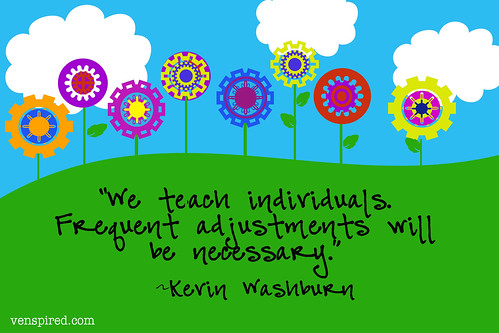I think it would be helpful if I gave you, the parent an overview of the plan for spelling this school year. I hope no one is too disappointed 😉 but as an experiment this year we are dispensing with the workbook for spelling this year.
Why are we doing this in 2nd class?
We found that using a textbook was not efficient in helping us to reach our objectives. We found that we were teaching spellings that weren’t sufficiently relevant to the individual child.
Instead we will learn
– spellings from the Dolch List of commonly used words.
– words that are commonly mispelt by the children
e.g. ‘The gril laffed …’
especially words that sound alike but are spelt differently e.g. to, too, two.
We will supplement this work in class with exercises from ‘Jolly Grammar’.
To start with…
We will work on the Dolch list of commonly used words.
In theory if we study the Dolch list, there will be less of the children’s own commonly mispelt words to learn subsequently.
A pretest on Monday to start the week.
It will be helpful to the children if we give them a pre test at the beginning of the week. I begun this experiment in the last term of the last school year. I found that a pre test is motivating for the children.
They will find if they do well they will have less words to ‘learn’ for homework. In order to keep the ‘pre test’ simple and straight forward, the children are asked to write down the spellings in isolation (rather than in the context of a full sentence).
I will refer to this as a ‘pre check’ when talking to the children. I try not to use the word ‘test’ with them as for some the thought of a ‘test’ can be stressful.
To put the word in context for the child, it will be called out as part of a sentence but we will only want the child to write the one word. To engage the children, the sentences may be humorous.
Using the names of children in the class in the sentences also keep them interested.
In this way the fortunate children who find spelling easy and whose time would otherwise be ‘wasted’ are identified quickly. Instead they will do ‘free writing’ at the back of these same spelling copies and ‘have a go’ at writing stories. Teacher will find reading this ‘free writing’ useful, in order to identify their ‘commonly mispelt words’.
Learning the mispellings from the Pretest
We will staple a photocopy of the Dolch word list into the copies. We hope the children will learn to use a highlighter to mark the spellings they get wrong in the pretest/precheck and have to learn. In this way children are learning to take responsibility for their own learning.
I found this very motivating for children last year. The numbers having to do regular spelling tests/check ups quickly reduced by a third as the students saw that if they did well they could write a story at this time instead.
The learning from the Dolch List will be checked daily and we will prioritize mastering these commonly used words.
Dictation; revising the Dolch List using stories based on the list.
Then to revise the words from the Dolch list teacher will dictate a story which features the Dolch spellings to all students.
More challenging story based on the Dolch List: The Best Thing in the World
There will be opportunities in doing this to address a certain amount of grammar and punctuation.
Last year, at this point, as these spellings had been already learnt, I found the numbers of children who needed to write out these stories as dictation fell away by two thirds very quickly. These children spent this time doing ‘free writing’ instead.
This gave me the opportunity …
to work with a smallish group (ten or so) for whom spellings didn’t come easy. I found spelling challenging enough myself as a student, so I hope I have an understanding of children who find spelling hard.
We will try to make this group work, learning the spellings in class as pleasant as possible. They will be working in a group of children whose ability was similar, so they won’t be discouraged by the lucky children for whom spelling comes easy.
For homework they would be asked to learn the spellings
and when they had them learnt put them in an ‘interesting’ sentence
without needing to check back on the spelling hopefully.

‘We teach individuals…’ by Krissy Venosdale, on Flickr
There are lots of Dolch List resources online e.g
Dolch List Resources
and also
More Dolch List Resources
From there we will move on to…
learning words that
– are commonly mispelt by the children
– sound alike but are spelt differently e.g. to, too, two.
This work will be supplemented class with exercises from ‘Jolly Grammar’.
